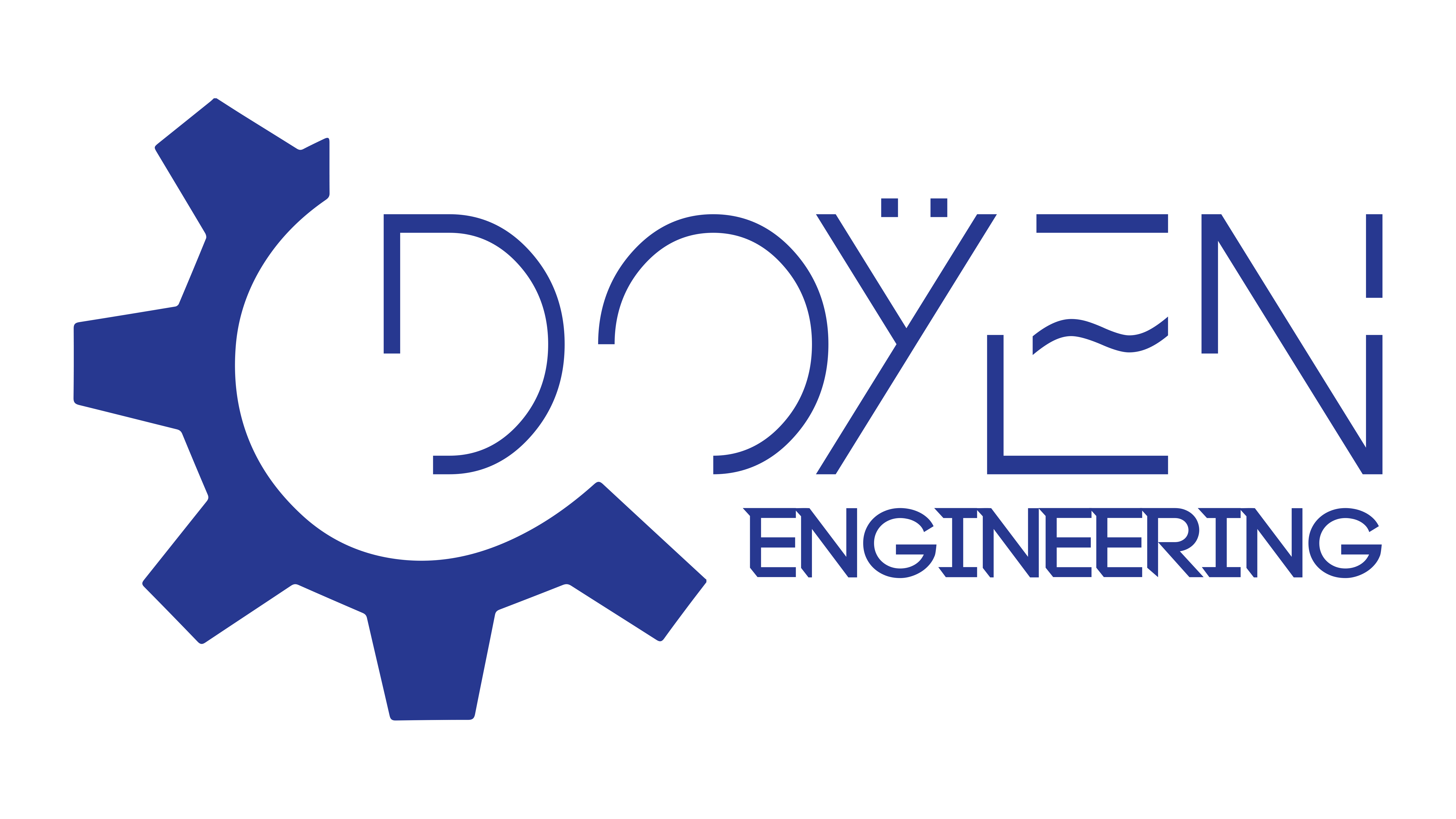Overview of Electrical Engineering Project Management
Understanding the Role of Electrical Engineering Project Management
In the intricate world of electrical engineering, project management is pivotal. It serves as the backbone that ensures projects are completed on time and within budget. Project managers must navigate complex regulations and technical challenges while fostering collaboration among diverse teams.
Key Responsibilities of Electrical Engineering Project Managers
The responsibilities of electrical engineering project managers are diverse and critical for success. Here are some key tasks they oversee:
- Project Planning: Setting clear objectives and timelines.
- Budget Management: Ensuring financial resources are utilized effectively.
- Team Leadership: Guiding engineers and technicians to synchronize efforts.
- Quality Assurance: Maintaining standards that meet industry regulations.
- Risk Assessment: Identifying potential obstacles ahead of time.
By balancing these responsibilities, managers create a structured path toward project success, supporting both the technical and administrative aspects of engineering endeavors.
Preparing for an Electrical Engineering Project
Initial Planning and Goal Setting
Proper preparation is vital for the success of electrical engineering projects. It begins with thorough planning and setting clear objectives.
- Define Your Goals: Identify project deliverables and outcomes.
- Develop a Timeline: Create a roadmap detailing milestones.
- Engage Stakeholders: Involve key players early on to align expectations.
This groundwork establishes a strong foundation for effective project execution.
Budgeting and Resource Allocation
Once objectives are clear, it’s time to craft a budget and allocate resources effectively.
- Estimate Costs: Assess material, labor, and overhead expenses.
- Resource Planning: Identify both human resources and technological needs.
- Monitor Spending: Implement tracking methods to maintain budget integrity.
A well-structured budget supports informed decisions and ensures that resources are utilized efficiently, driving projects toward successful completion.
Essential Tools and Technologies for Electrical Engineering Project Management
Software Solutions for Project Planning and Monitoring
As projects progress, leveraging the right software solutions becomes essential for planning and monitoring. Tools like Microsoft Project and Trello help streamline workflows.
- Task Management: Track assignments and deadlines efficiently.
- Collaboration Features: Foster real-time communication within teams.
- Progress Tracking: Visual dashboards deliver insights into project status.
These solutions increase transparency and improve team coordination, ultimately leading to successful project delivery.
Importance of Advanced Electrical Design Tools
In electrical engineering, utilizing advanced design tools is crucial for creating efficient solutions. Software such as AutoCAD and MATLAB allows for precise simulations and designs.
- Design Accuracy: Achieve detailed schematics and models.
- Simulation Capabilities: Test designs before implementation, minimizing errors.
- Innovation Facilitation: Enable iterative processes that boost creativity.
By integrating these advanced tools into project management, engineers can enhance design quality and ensure the project’s technical requirements are met.
Managing Stakeholders and Communication
Effective Communication Strategies within Project Teams
Once the project planning is underway, effective communication becomes the lifeblood of successful execution. Utilizing strategies such as regular team meetings and collaborative platforms can foster a positive work environment.
- Daily Stand-ups: Quick updates keep everyone aligned.
- Shared Documentation: Centralized resources enhance transparency.
- Feedback Loops: Encourage open dialogue to address concerns.
These practices build cohesion and streamline problem-solving within project teams.
Engaging with Clients and Stakeholders
Engagement with clients and stakeholders is equally vital. Establishing strong relationships and understanding their needs can significantly impact project success.
- Regular Updates: Keep stakeholders informed on progress and changes.
- Active Listening: Pay attention to their feedback and concerns.
- Expectations Management: Set realistic goals and timelines collaboratively.
By prioritizing effective communication and stakeholder engagement, project managers can cultivate trust and ensure everyone’s interests are aligned, paving the way for smoother project execution.
Ensuring Project Quality and Compliance
Compliance with Industry Standards and Regulations
As electrical engineering projects unfold, ensuring compliance with industry standards and regulations is crucial. Adhering to guidelines like IEEE or IEC not only safeguards the project but also enhances its credibility.
- Regulatory Research: Stay updated on relevant laws and guidelines.
- Documentation Practices: Keep thorough records of compliance measures.
- Training: Equip teams with knowledge on standards and regulations.
These steps help in mitigating risks and promote a culture of safety and accountability.
Implementing Quality Control Measures
Equally important are quality control measures. Robust processes assure that the project meets both technical specifications and client expectations.
- Regular Inspections: Schedule quality checks at various project phases.
- Testing Protocols: Conduct tests on materials and designs.
- Feedback Integration: Use lessons learned to refine quality processes.
By diligently implementing these quality control measures, project managers can elevate project outcomes and foster continuous improvement throughout the engineering lifecycle.





